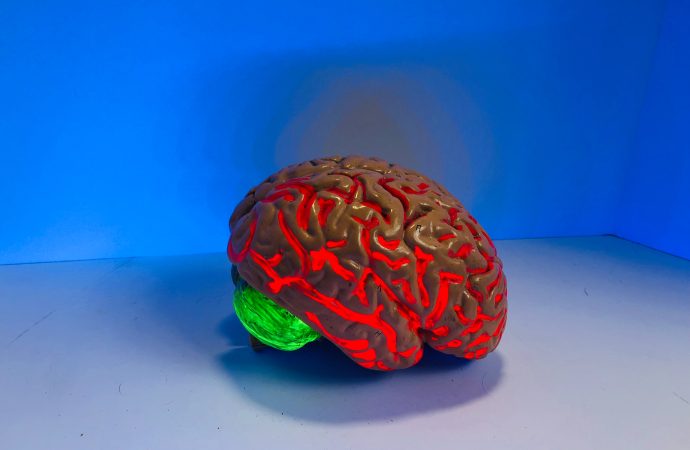Brain injury is a serious and often life-altering event, but the future of treatment for this condition is looking brighter. Researchers and medical professionals are constantly pushing the boundaries of what we know about brain injuries, and their latest findings suggest that new and innovative treatments may be on the horizon. Here, we explore the
Brain injury is a serious and often life-altering event, but the future of treatment for this condition is looking brighter. Researchers and medical professionals are constantly pushing the boundaries of what we know about brain injuries, and their latest findings suggest that new and innovative treatments may be on the horizon. Here, we explore the cutting-edge research that’s paving the way for the future of brain injury treatment.
The Role of Artificial Intelligence
Artificial intelligence (AI) is increasingly being used to diagnose and treat brain injuries. For example, researchers are developing algorithms that can analyze brain scans and identify subtle changes that could indicate the presence of a brain injury. By detecting these injuries early, doctors can provide treatment sooner, which can improve outcomes for patients.
Additionally, AI can be used to predict the likelihood of a patient developing a brain injury in the future. This can help doctors take proactive steps to prevent the injury from occurring in the first place. For example, if a patient is at high risk of a fall, doctors may recommend that they wear protective gear or modify their living environment to reduce the risk of injury.
New Drug Therapies
There are currently no drugs approved specifically for the treatment of brain injuries, but that could be changing in the near future. Researchers are developing a number of new drug therapies that show promise in treating brain injuries.
One example is a drug called riluzole, which is currently used to treat ALS. Recent studies suggest that riluzole may also be effective in treating traumatic brain injuries. Another drug that’s showing promise is progesterone. This hormone has been shown to reduce inflammation in the brain and improve outcomes for patients with traumatic brain injuries.
Stem Cell Therapy
Stem cell therapy is a promising new treatment option for brain injuries. Stem cells have the unique ability to transform into different types of cells, making them an ideal tool for repairing damaged tissue. Researchers are currently exploring the use of stem cells to treat a variety of brain injuries, including concussions, stroke, and traumatic brain injuries.
One approach involves injecting stem cells into the brain to promote healing and reduce inflammation. Another approach involves using stem cells to create new brain tissue to replace damaged or destroyed tissue.
Prevention is Key
While the latest advances in brain injury treatment are exciting, it’s important to remember that prevention is always the best approach. By taking steps to reduce the risk of brain injuries, we can avoid the need for treatment altogether.
One way to prevent brain injuries is to wear protective gear during contact sports or other high-risk activities. Additionally, simple measures such as improving lighting and reducing tripping hazards in the home can help reduce the risk of falls.
The Importance of Continued Research
As promising as these new treatments may be, there is still much we don’t know about brain injuries. Continued research is essential if we hope to develop new and more effective treatments in the future.
This research should focus not only on developing new treatments but also on improving our understanding of the underlying causes of brain injuries. By understanding the mechanisms that lead to brain injuries, we can develop more targeted and effective treatments that can improve outcomes for patients.
Conclusion
Brain injuries are a serious and often life-altering event, but the future of treatment for this condition is looking brighter. From the use of AI to new drug therapies and stem cell treatments, researchers are developing innovative new approaches to treating brain injuries. However, prevention is still the best approach, and continued research is essential if we hope to develop more effective treatments in the future. By working together, we can reduce the impact of brain injuries and improve outcomes for patients.

















Leave a Comment
Your email address will not be published. Required fields are marked with *